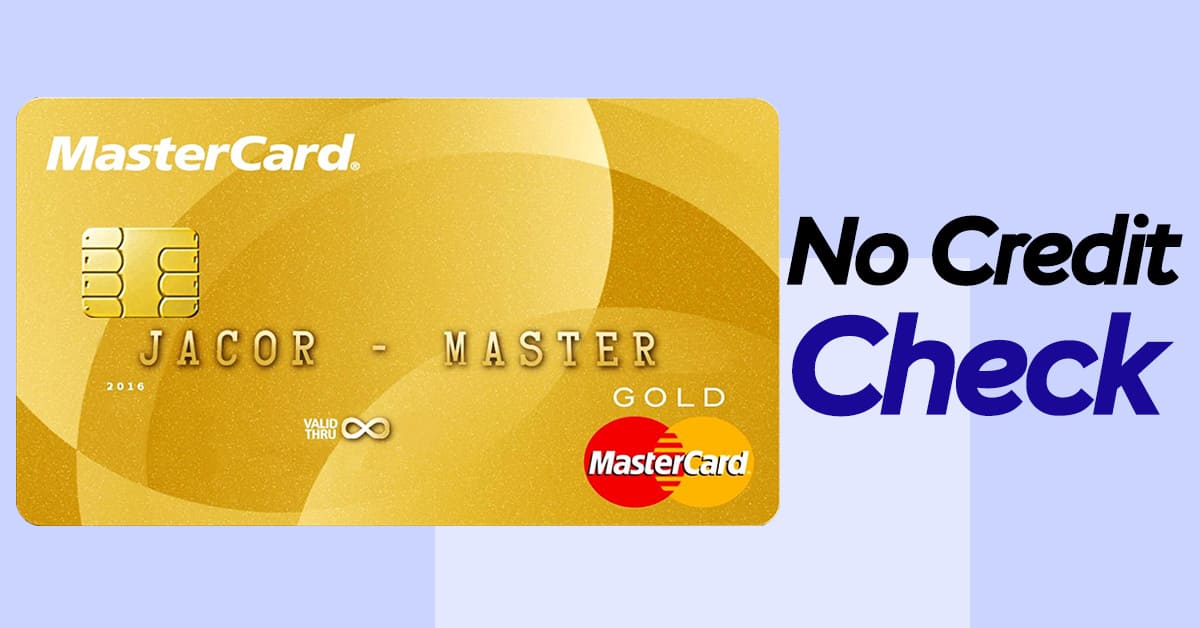Navigating the world of credit can be confusing. This guide offers tips for fast credit card approval, understanding credit checks, and effective credit building.

Navigating the world of credit can be confusing. This guide offers tips for fast credit card approval, understanding credit checks, and effective credit building.
Understanding Fast Credit Card Approval
Many card issuers now offer fast credit card approval, making the process of acquiring a new line of credit quicker and more convenient. However, fast approval can still depend on various factors.
Tips for Fast Credit Card Approval
- Know Your Credit Score: Understanding your credit score can help you choose which cards you’re likely to get approved for. Many issuers offer “pre-qualification” tools that give you an idea without affecting your score.
- Ensure Accurate Information: When applying for a credit card, all personal information must be correct and up-to-date. Mistakes can delay or even prevent approval.
- Match Cards to Your Credit Profile: Select cards that align with your credit profile. For example, if you have a fair credit score, apply for cards designed for fair credit rather than those meant for excellent credit.
- Limit Applications: Each credit card application results in a hard inquiry on your credit report, which can temporarily lower your credit score. Apply only for one or two cards at a time to minimize the impact.
- Demonstrate Reliable Income: Being able to show a reliable source of income can significantly improve your chances of fast approval. Issuers need to feel confident that you can repay any outstanding balances.
Navigating Credit Checks
Credit checks are an essential part of the credit card approval process. They provide lenders with critical information about your financial history.
Understanding Hard vs. Soft Credit Checks
- Hard Credit Checks: These occur when a financial institution investigates your credit history to make a lending decision. Hard checks can slightly lower your credit score.
- Soft Credit Checks: These can happen without your permission and do not affect your credit score. Examples include pre-qualification offers and personal credit score inquiries.
Managing Credit Checks to Protect Your Score
- Spread Out Applications: Try to spread out credit card or loan applications over several months to minimize the impact of hard inquiries on your credit score.
- Use Pre-Qualification Tools: Many issuers offer pre-qualification tools that only require a soft credit check. Use these tools to gauge your chances of approval before applying.
- Review Your Credit Report: Regularly reviewing your credit report can help you spot and dispute errors, ensuring your credit score remains accurate. You can get an affordable report annually from each of the three major credit bureaus (Equifax, Experian, and TransUnion).
- Timing Matters: If you plan to make significant financial moves, like applying for a mortgage, avoid applying for credit cards nearby this period. Lenders prefer seeing fewer recent hard inquiries for such large loans.
Strategies for Effective Credit Building
Building a strong credit profile is a good process but essential for financial stability and independence.
Developing Healthy Credit Habits
- Make Timely Payments: Timely payments are the most significant factor in your credit score. Set reminders or automate payments to avoid missing due dates.
- Maintain Low Credit Utilization: Keep your credit utilization ratio ideally under 30%. This practice helps demonstrate that you are responsible and not over-reliant on credit.
- Diversify Credit Types: Having a variety of credit types (e.g., installment loans, credit cards) can positively affect your credit score, showing you can handle multiple forms of credit responsibly.
- Keep Older Accounts Open: The length of your credit history matters. Keeping older accounts open can lengthen your average account age, which positively influences your score.
Long-Term Strategies for Building Credit
- Consider Secured Cards: Secured cards require a deposit and can be a good option for those with no or poor credit history. Use it responsibly to build credit over time.
- Become an Authorized User: If possible, become an authorized user on a responsible friend’s or family member’s credit card. Their good credit habits can help boost your score.
- Explore Credit Builder Loans: These are small loans specifically designed to help people build credit. The borrowed amount is held in an account, and you make payments. Once paid off, the funds are released to you, and your payment history is reported to credit bureaus.
- Track Your Credit Score: Use affordable tools and apps to track your credit score over time. This practice can help you understand what impacts your score and guide your decisions accordingly.
Conclusion
Understanding the process of fast credit card approval, managing credit checks, and effective credit building are crucial for financial health. Implement these strategies and tips to strengthen your credit profile and achieve your financial goals with confidence.









